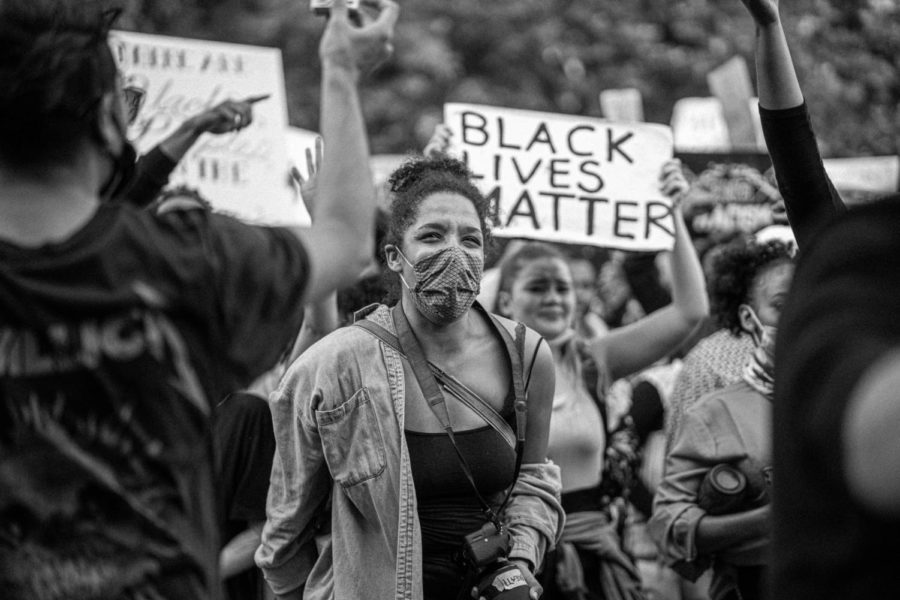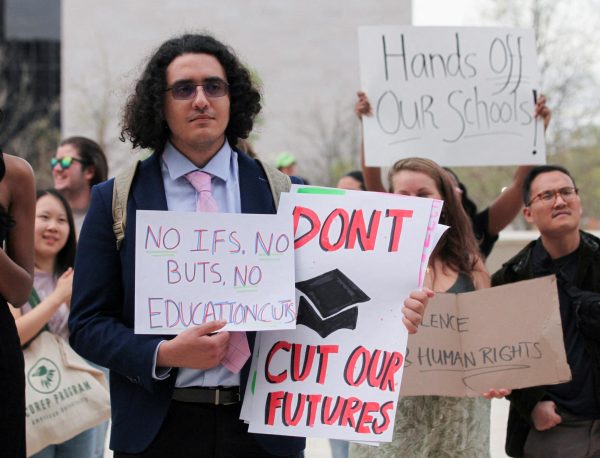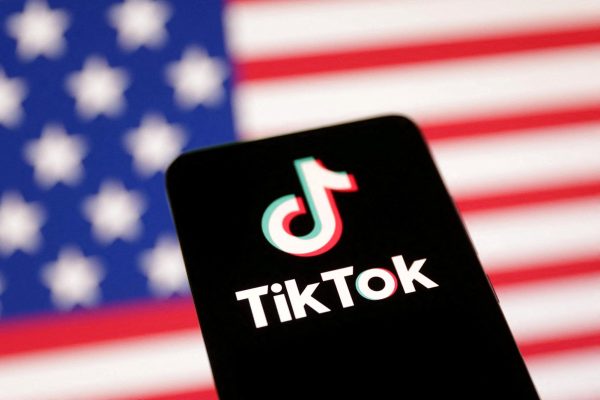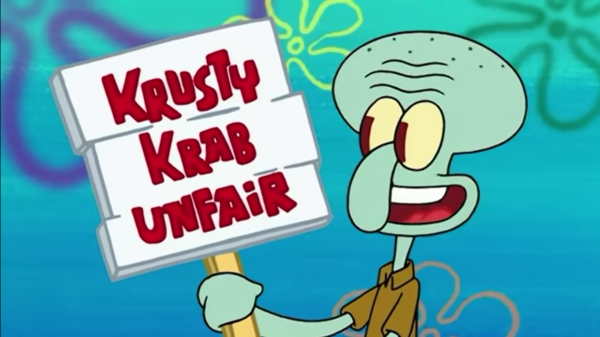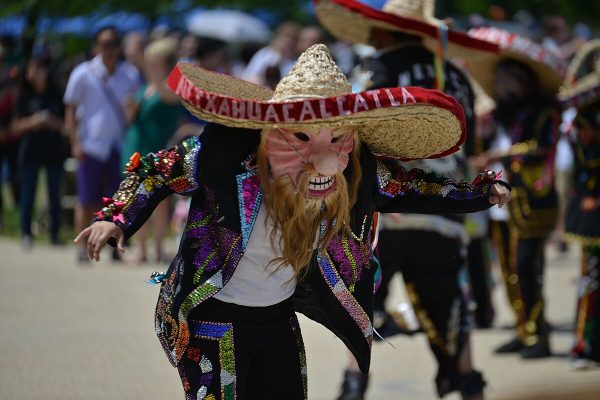Generational Turmoil
Crowd of Protesters/Pexels/Public Domain Certification
Gen Z’s political activism, whether it be in support of gender equality, racial justice, or climate change, is quickly growing as a defining characteristic of the generation. Ninety percent of the Gen Z population were found to support Black Lives Matter, an organization that fights police brutality and systematic racism against black Americans.
Why do millennials and Gen Zs dislike each other so much? Is it a result of generational trauma being passed down and/or deflected? Or is it just because of the different times in which millennials grew up?
Some older generations, like Gen X and baby boomers, blame technology for the rise in “sensitivity” among Gen Z and some millennials. According to Please Live, the so-called “sensitivity” is simply just empathy.
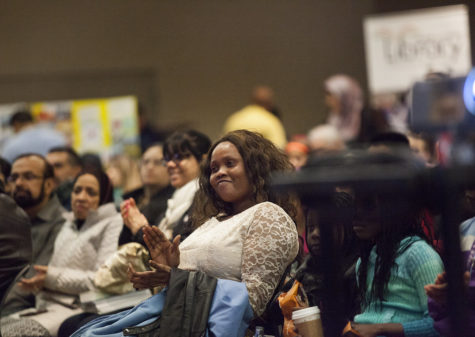
Older generations tend to say that Gen Z and millennials just can’t take a joke, but the reality is that when someone makes a joke where the punchline is focused on a certain race, sexual orientation, gender, etc. is just not funny, especially when taking into account that the younger generations that have been a big part in working towards equality are the ones that have been subject to direct or inadvertent hate crimes relating to their minority.
Why do older generations have such a problem with teens being aware of injustices that are happening at the older generations’ hands? They blame it on sensitivity because they refuse to believe that it might be their fault.
According to Scary Mommy, parents who have experienced childhood trauma from their own parents in the form of gaslighting, manipulation, or simply being invalidated to the point that they feel like they might not have done as much as they wanted to in life, may be more prone to doing the same thing to their kids, passing down the generational trauma. Some of these parents might become so insecure that they continually invalidate their children’s needs to the point that they possibly won’t even notice that they are doing it.
According to Inc., older generations tend to judge the younger generations more harshly in areas that they themselves might excel at. Superiority plays a big part in the judgment because as teenagers get older and evolve into adult years. They forget the struggle that it took to get to that point in the first place, neglecting the fact that younger people are just naturally further behind than them because of their lack of life experience.
A lot of miscommunication between each generation has resulted in outcomes that have affected each generation’s upbringing. Calling attention to this is vital in the case of actual problems going on, including the still ongoing pandemic.
Your donation will support the student journalists of Logansport High School. Your contribution will allow us to purchase equipment and cover our annual website hosting costs.
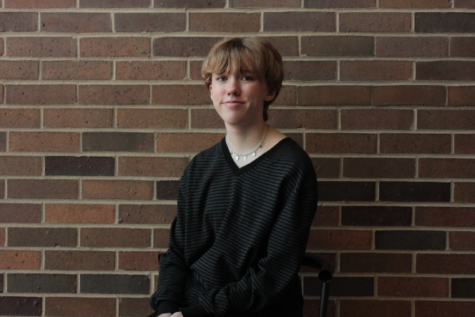
Freshman Chelsee Osburn is part of the class of 2026, and it is her first year on the Magpie staff. She’s a reporter and enjoys reading and writing about...

